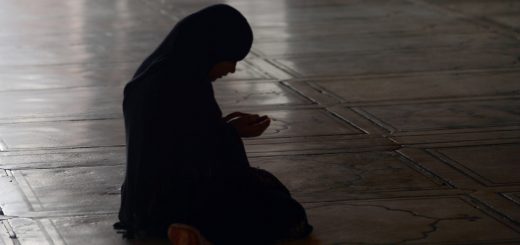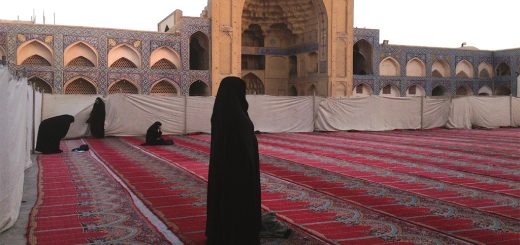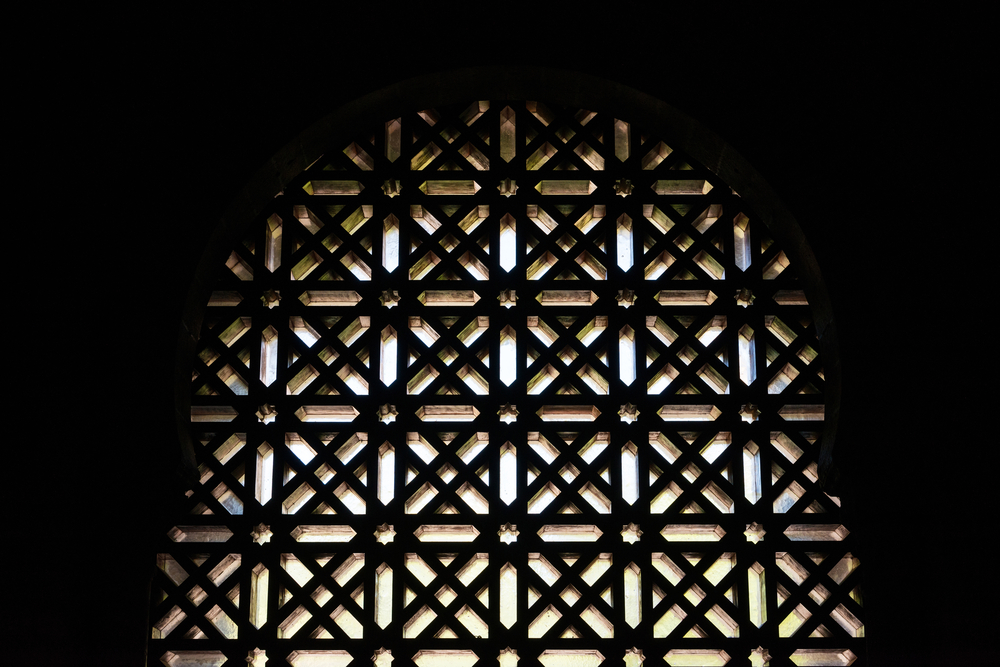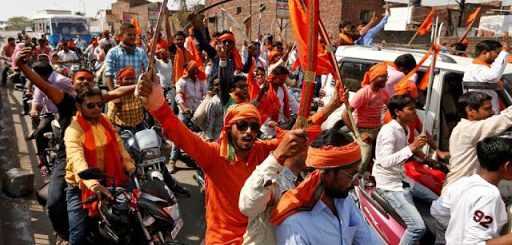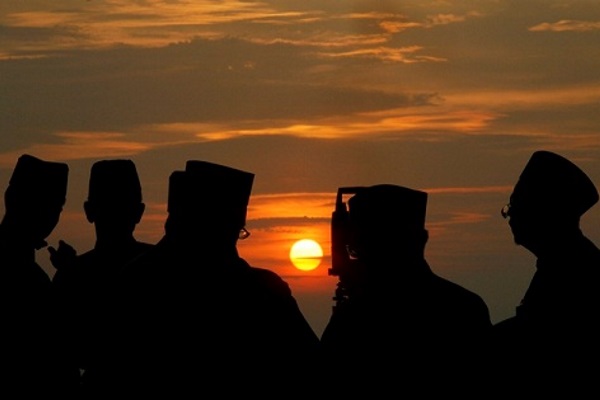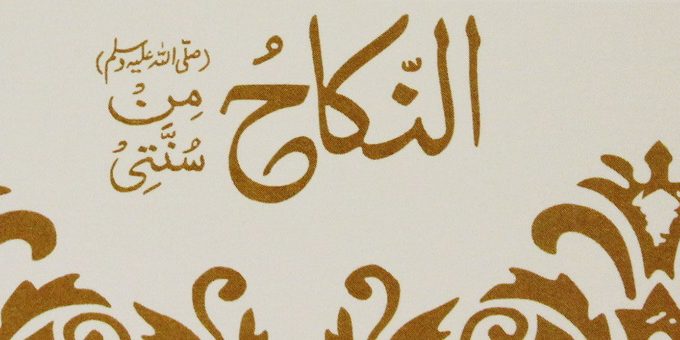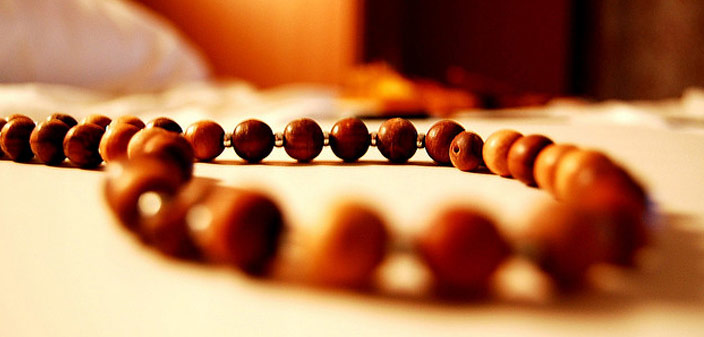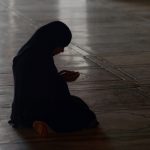QUESTION:
A Muslim woman had her nikāh contracted in the presence of 2 male witnesses in the absence of her parents, brother and paternal uncle. Four people were present during the nikāh: the bride, the groom and the two witnesses. One of the witnesses read the nikāh and said whatever was necessary and the groom paid the dowry. Is this marriage valid or was the presence of an Imām necessary?
Questioner: Maria from UK
ANSWER:
بسم اللہ الرحمن الرحیم
الجواب بعون الملک الوھاب اللھم ھدایۃ الحق والصواب
Such a marriage is normally done without the permission of the father or the walī (guardian who is responsible for the girl). In such a scenario if the man is kufw (suitable) for the woman, then the nikāh conducted for such a sane, bāligah (mature) female, without the permission of the father or the walī, is valid and enacted. Even if any one of the two witnesses read the nikāh in the presence of both the bride and groom i.e. he made them give [each other] ījāb (offer) and qubūl (acceptance), then the marriage would have taken place. The presence of an Imām is not a condition because in this scenario, the bride and groom will be the two actual contractors and the wakīl (the one who is given power of attorney – i.e. to act on their behalf) who is reading the nikāh will be a witness and a second witness is also present. Therefore the shart (condition) of nikāh [for there to be 2 witnesses] is fulfilled by which the nikāh has become valid.
The suitability of the bride for the groom is necessary. Kufw (suitability) according to the Sharī’ah is that the man is not of such a lower status, in terms of lineage [tribe], religion, profession or conduct or any matter, that his marriage will be, according to the custom of the people, a cause of humiliation and shaming for his father, grandfather, etc. Nor should the man be in such a state that he is in need, without a home, without a profession, without any means of purchasing anything [i.e. he has no means of earning a livelihood] such that the necessary expenditure of the woman cannot be met or that he cannot give the sharī’, or customarily, stipulated mahr (dowry).
Just as my master A’lā Hazrat Imām Ahmad Ridā Khān, may Allāh shower him with mercy, states in his blessed al-Fatāwā al-Ridawiyyah that, “If the mentioned person was free from all these defects and the marriage was conducted with permission from the daughter, then without doubt it is valid, complete and enacted, such that the father’s absence or displeasure does not affect it in any way, shape or form. Nor can the man’s unemployment affect it when he has other wealth or is capable of providing for himself and his wife by some handiwork, or in accordance to the prevailing custom of the land the man’s mother and father look after their son and daughter in law and he is also capable of presenting whatever mahr must be given.”
[al-Fatāwā al-Ridawiyyah, vol. 10, pg. 555]
One comes to know that kufw (suitability) is in consideration of 6 matters: (1) Lineage [family tree] (2) Islām (3) Profession [occupation] (4) Freedom [one should be free and not a slave] (5) Religiousness [religiously practicing] (6) Wealth.
The wakīl conducting the marriage, in the presence of the bride and groom, is merely there in the capacity of someone expressing and interpreting and thus he can be a witness. For this reason, the nikāh will be valid in the presence of one other witness. Just as it is mentioned in al-Durr al-Mukhtār,
“وَ لَوْ زَوَّجَ بِنْتَهُ الْبَالِغَةَ الْعَاقِلَةَ بِمَحْضَرِ شَاهِدٍ وَاحِدٍ جَازَ إنْ كَانَتْ ابْنَتُهُ حَاضِرَةً لِأَنَّهَا تُجْعَلُ عَاقِدَةً وَ إِلَّا لَا الْأَصْلُ أَنَّ الْآمِرَ مَتَى حَضَرَ جُعِلَ مُبَاشِرًا“
“If he (i.e. the father) married off his sane, mature, daughter [with her permission] in the presence of one witness, it would be permissible if she was present because she would be considered the one contracting, otherwise [if she was not present] it would not be valid. The principle is that when the muwakkil (the one giving the power of attorney) is present, then he/she is regarded as the one who is contracting.”
[al-Durr al-Mukhtār, vol. 4, pg. 102]
Similarly, it is mentioned in al-Fatāwā al-Hindiyyah that,
“امْرَأَةٌ وَكَّلَتْ رَجُلًا بِأَنْ يُزَوِّجَهَا رَجُلًا فَزَوَّجَهَا بِحَضْرَةِ امْرَأَتَيْنِ وَ الْمُوَكِّلَةُ حَاضِرَةٌ قَالَ الْإِمَامُ نَجْمُ الدِّينِ يَجُوزُ النِّكَاحُ هَكَذَا فِي الذَّخِيرَةِ“
“[If] a woman made a man her wakīl [giving him the power of attorney] to contract her marriage to another man in the presence of two women and the woman [the one who gave the power of attorney] is present [herself], then al-Imām Najm al-Dīn has said the nikāh is permissible; this is how it is [mentioned] in al-Dhakhīrah.”
[al-Fatāwā al-Hindiyyah, vol. 1, pg. 428]
Similarly, it is mentioned in Bahār-e-Sharī’at that if a woman made someone her wakīl in conducting her marriage and he conducted the marriage in the presence of one witness, then if the woman (who made him her wakīl) herself is present then the nikāh has taken place, otherwise it has not. The summary of the matter is that if the muwakkil (the one appointing a wakīl) is present at the time of the contract, then even though the wakīl is contracting, the muwakkil will be considered as the one contracting and the wakīl will be considered as a witness.
From these evidences, it has become very clear that in the scenario mentioned (by the questioner) if the groom is kufw of the bride and two witnesses are present, and it is also necessary that both witnesses are muslim, we have mentioned this condition additionally by way of precaution because nothing is farfetched in a non-Muslim land, only then is the nikāh valid.
But if such a great Sunnah like nikāh is performed with the agreement of the parents then it would be much better and a cause of blessing. Otherwise the absence of blessings quickly manifests in the guise of talāq (divorce).
If the case is not like this, meaning the man is not kufw for the woman, and the father after learning of this nikāh has not expressed his approval, then this marriage is invalid from the onset and separation of the man and woman is necessary immediately.
Just as my master A’lā Hazrat Imām Ahmad Ridā Khān, may Allāh shower him with mercy, mentions that if he (i.e. the groom) in any of the aforementioned matters is such that it is a cause of him not being kufw according to the Sharī’ah and the father (of the bride) having become aware of this has not made his approval clear, then without doubt the nikāh is totally invalid, such that even with the father’s approval now it would not be validated. In this circumstance, it is obligatory that the man and woman separate immediately and leave this nikāh, then if they so wish, after attaining clear permission of the father, they may perform a new nikāh.
[al-Fatāwā al-Ridawiyyah, vol. 10, pg. 555]
واللہ تعالی اعلم ورسولہ اعلم صلی اللہ علیہ وآلہ وسلم
کتبہ محمد قاسم ضیاء القادری
Answered by Mufti Qasim Zia al-Qadri
Translated by Mawlana Ibrar Shafi
Read the original Urdu answer here – [Q-ID0195] A woman got married with her Father, brother etc absent – is the nikah valid?
Also see:

